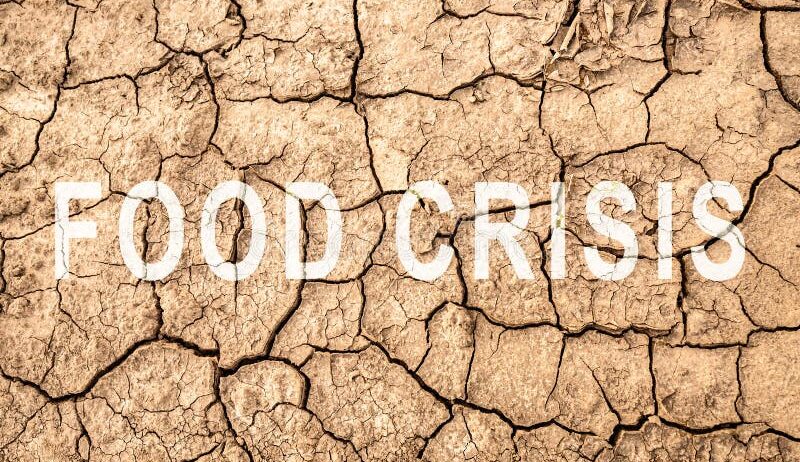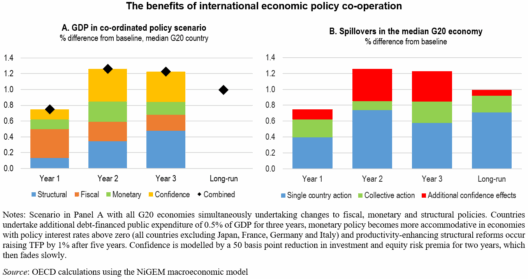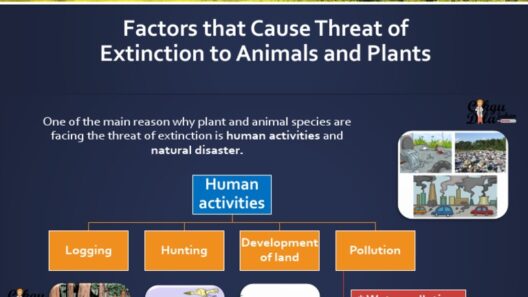The interplay between climate change and agricultural systems offers a sobering insight into the future of global food supply. As temperatures rise, ecosystems face unprecedented pressure that translates directly into threats against our food security. The implications of this crisis extend beyond merely a few crops failing; they weave a tapestry of interconnected challenges affecting millions around the world.
The viability of crops is intrinsically linked to climate stability. Currently, farmers rely on predictable seasonal patterns to plant and harvest their produce. However, global warming is altering these patterns, engendering erratic weather phenomena. From droughts that parch the land to torrential rains that wash away seeds, farmers are caught in a tumultuous cycle of unpredictability. The Intergovernmental Panel on Climate Change (IPCC) projects that by 2050, crop yields could decline by as much as 25% in some regions, directly impacting food availability.
Crops, such as wheat, rice, and maize, form the cornerstone of the global food supply. These staple foods are not only essential for caloric intake but also for the economic vitality of many nations. A decline in yields due to extreme weather events, pests, or diseases—exacerbated by rising temperatures—could spur food shortages. Regions that are already grappling with food insecurity will experience intensified hardships, leading to heightened social unrest, malnutrition, and, potentially, mass migration.
Moreover, the impacts of climate change are not uniformly distributed. Developing countries, particularly those located in tropical and subtropical zones, are more vulnerable to volatile climate conditions. They often lack the technological and financial means to adapt their agricultural practices effectively. The global nature of agriculture means that disruptions in one region will reverberate worldwide, elevating prices and threatening livelihoods far beyond the immediate area affected. Every drought or flood carries the potential to send shockwaves through markets and alter buying patterns on a global scale.
Moreover, the agribusiness approach—focused on monocultures and the heavy use of fertilizers and pesticides—only compounds the problem. Such practices, often optimized for immediate yield, neglect the long-term health of the soil and its capacity to withstand climatic stresses. Soil degradation not only diminishes productivity; it also jeopardizes water availability, as healthy soils play a crucial role in water retention. When the soil is compromised, crops become even more susceptible to the ravages of climate change.
The carbon footprint of agriculture itself exacerbates the situation. Livestock production, for example, is a significant contributor to greenhouse gas emissions. As such, rethinking agricultural practices has never been more critical. Sustainable agriculture techniques, such as crop rotation, cover cropping, and agroforestry, can enhance the resilience of our food systems. By adopting these practices, we can not only mitigate emissions but also build soils that are more capable of withstanding extremes, thus securing our food future.
There is still hope for transforming our food systems amid these crises. Innovators in agronomy are developing climate-resilient crops through biotechnology and traditional breeding techniques. Such advancements could lead to varieties that thrive in hotter temperatures or require less water. For instance, drought-resistant maize has already shown promise in regions afflicted by water scarcity, hinting at a path forward for other at-risk crops.
Furthermore, investing in renewable energy sources, such as solar and wind, can provide the necessary power for agricultural innovation without exacerbating greenhouse gas emissions. Harnessing technology, from smart irrigation systems to precision agriculture techniques, can help optimize input usage, decreasing waste and enhancing yield. The promise of vertical farming and other urban agriculture initiatives could also play a role in localizing food production, thereby minimizing the carbon footprint associated with long-distance transportation.
Equally significant is the importance of scaling educational opportunities in agricultural practices. Providing farmers with access to research, tools, and resources will empower them to adapt to changing climates and implement sustainable practices. Community-driven programs focused on sharing knowledge can foster resilience at a grassroots level, ensuring that vulnerable populations can continue to cultivate food in the face of adversity.
In conclusion, while the threats posed by climate change to our agricultural systems are daunting, they are not insurmountable. A collective commitment to sustainable practices, coupled with innovative technological advancements, can foster resilience in our food systems. The urgency of addressing these challenges cannot be understated; our survival and quality of life depend on a proactive approach to safeguarding our crops for the future. By forging pathways to sustainability, we can transform our relationship with food and steward the planet toward a more secure and equitable future.








